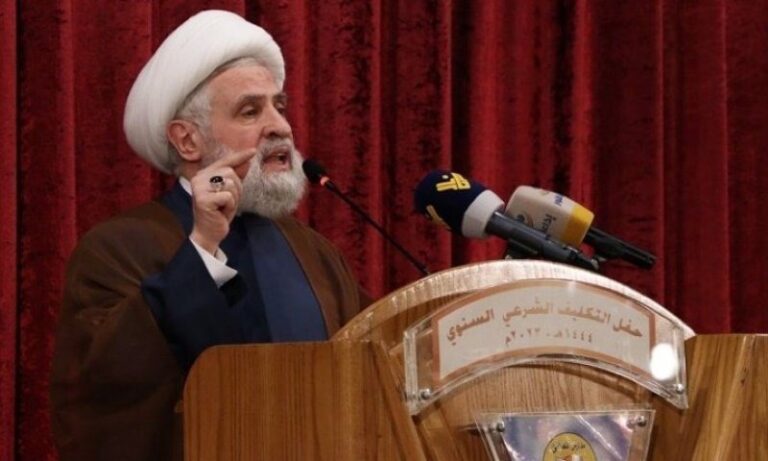 In an employment discrimination case with important implications for Orthodox Jews, a Shomer Shabbos employee at the New York State Division of Parole is appealing a court ruling that the pressure his employer placed upon him to compromise his religious observance is not inconsistent with the law’s broad mandate of religious accommodation.
In an employment discrimination case with important implications for Orthodox Jews, a Shomer Shabbos employee at the New York State Division of Parole is appealing a court ruling that the pressure his employer placed upon him to compromise his religious observance is not inconsistent with the law’s broad mandate of religious accommodation.
The plaintiff in the case, a middle-level manager at the Division of Parole, brought action against his employers in the federal district court, claiming that they created a hostile work environment and continually pressured him to compromise his observance of religious holidays. According to the plaintiff’s testimony, his superiors scheduled “mandatory” training sessions on Rosh Hashanah and Shavuos, refusing to reschedule the sessions when they learned of the conflict, or even to allow him to attend an equivalent training session on another date at another location. Simple requests for various accommodations — such as allowing him a longer lunch hour so he could go to a kosher l’Pesach restaurant or moving up by just a few hours a hearing that was scheduled for late in the day on erev Sukkos – were regularly denied.
The plaintiff also alleged that he was subjected to several outrageously anti-Semitic actions at work. One of his superiors, emphasizing the plaintiff’s “different”[ness], compared him to Saddam Hussein. Another of his superiors ordered him to remove from his wall certain pictures of prominent government officials lighting Chanukah candles, and warned the plaintiff not to “play the anti-Semitism card.” On another occasion, the plaintiff’s wedding picture was defaced when someone drew horns on his head and a beard on his bride; his superiors failed to adequately investigate the incident.
In its ruling, the federal district court decided, without allowing a jury to consider the matter, that any anti-Semitic incidents that may have occurred were “infrequent and relatively benign.” On the matter of the Yom Tov observance, the court ruled in favor of the Division of Parole, saying that there can be no claim of discrimination unless the plaintiff suffered tangible harm from resisting pressure to violate the holidays.
Agudath Israel of America has filed an amicus curiae (friend of the court) brief in the case, now before the U.S. Court of Appeals for the Second Circuit. In its brief, which was prepared by Agudath Israel attorneys with the assistance of Eric Stern of Sack & Sack, Agudath Israel argues that the mere fact that the plaintiff was constantly under pressure to violate Yom Tov should be sufficient to sustain a discrimination claim, even if no tangible adverse action was taken against him.
The Agudah brief also takes issue “for the record” with the district court’s contention that the anti-Semitic incidents endured by the plaintiff were “relatively benign.”
The plaintiff is represented by the eminent attorney Nathan Lewin.











2 Responses
So what’s the guy’s name??!!
Y.O.H.
Don’t know about discrimination, but to me it seems “hostile work environment” and maybe even “harassment” would be a a valid complaint. Extending lunch hour to visit a restaurant seems excessive though. Why couldn’t he just take his own lunch to work?